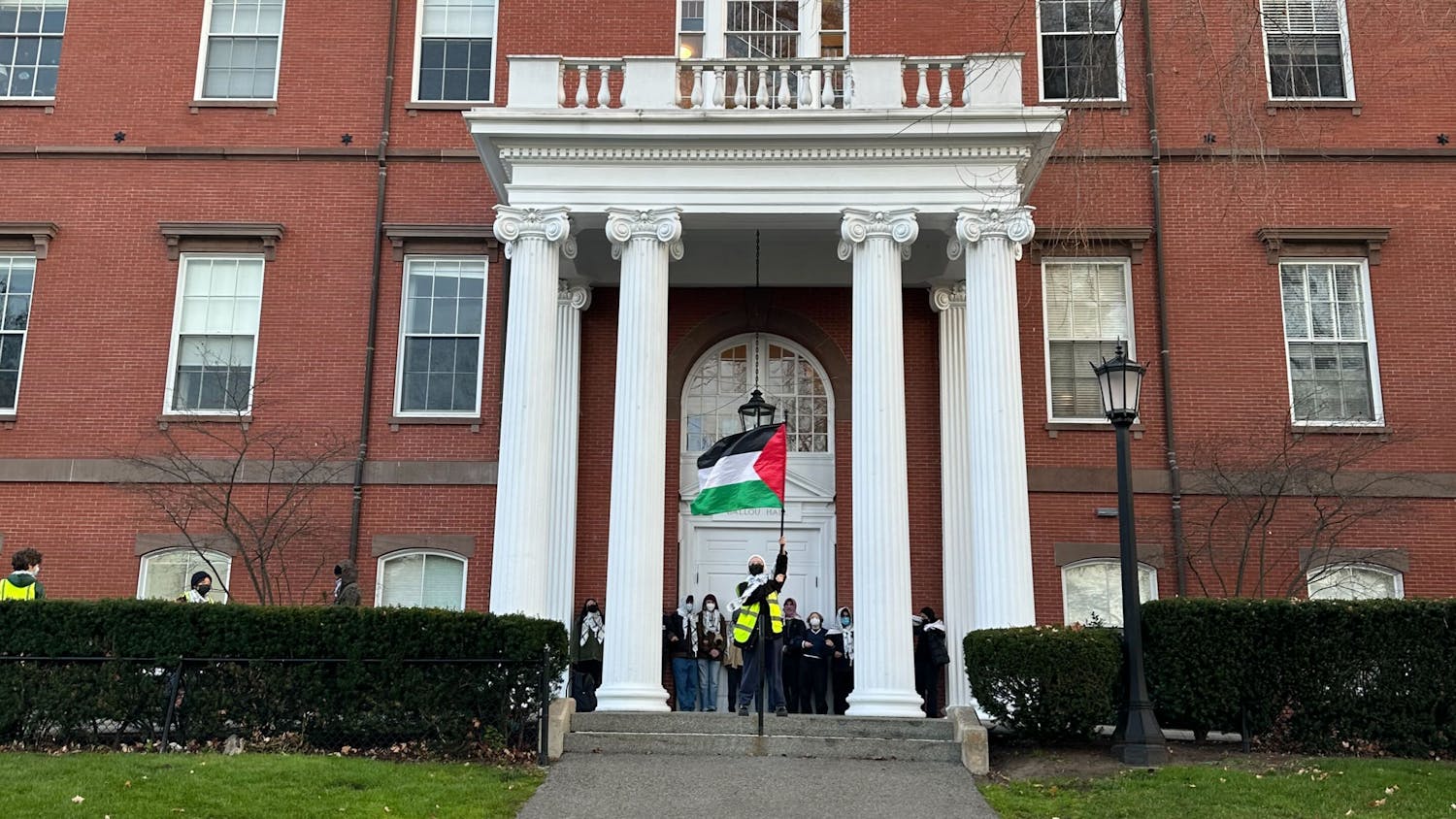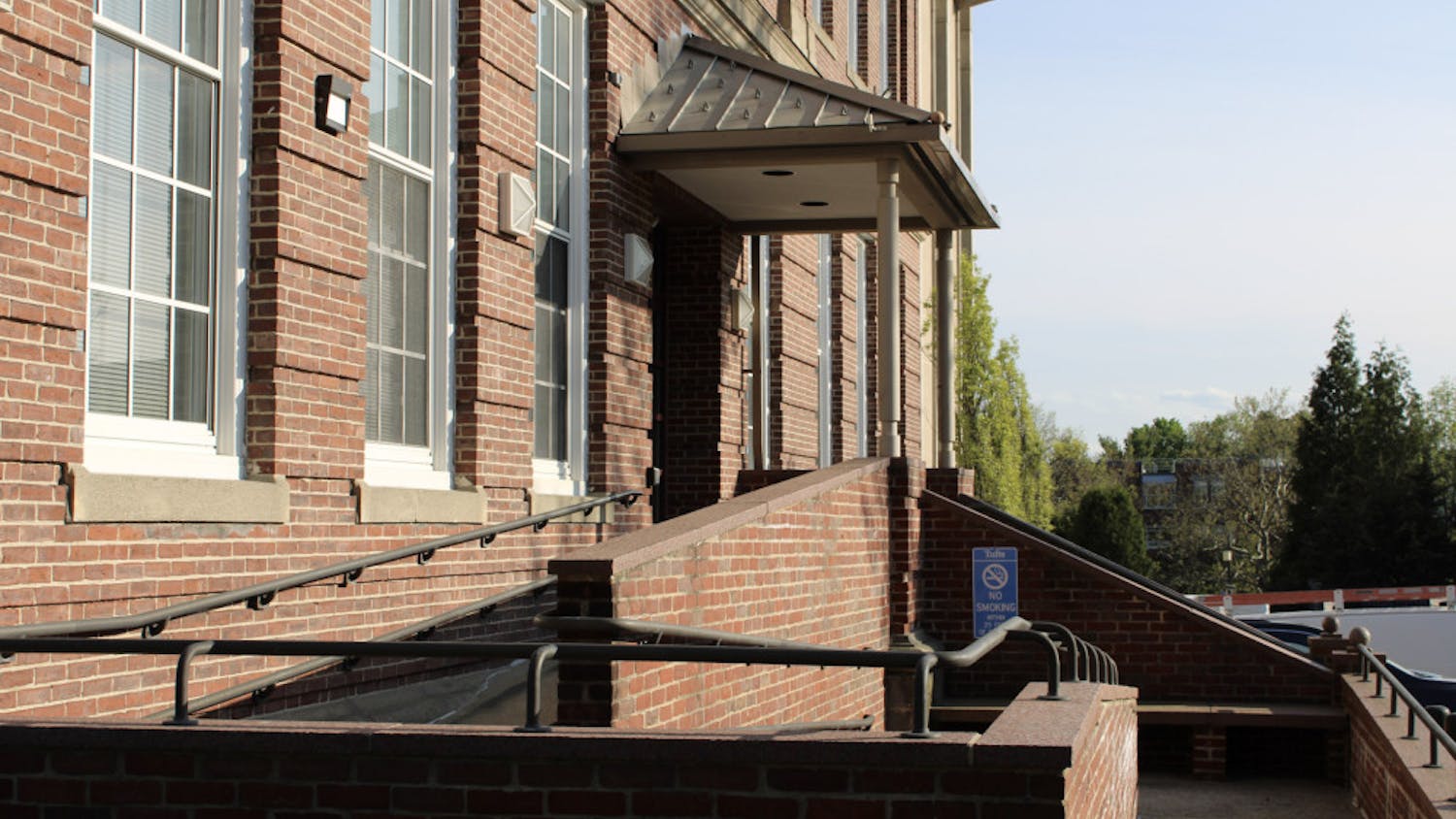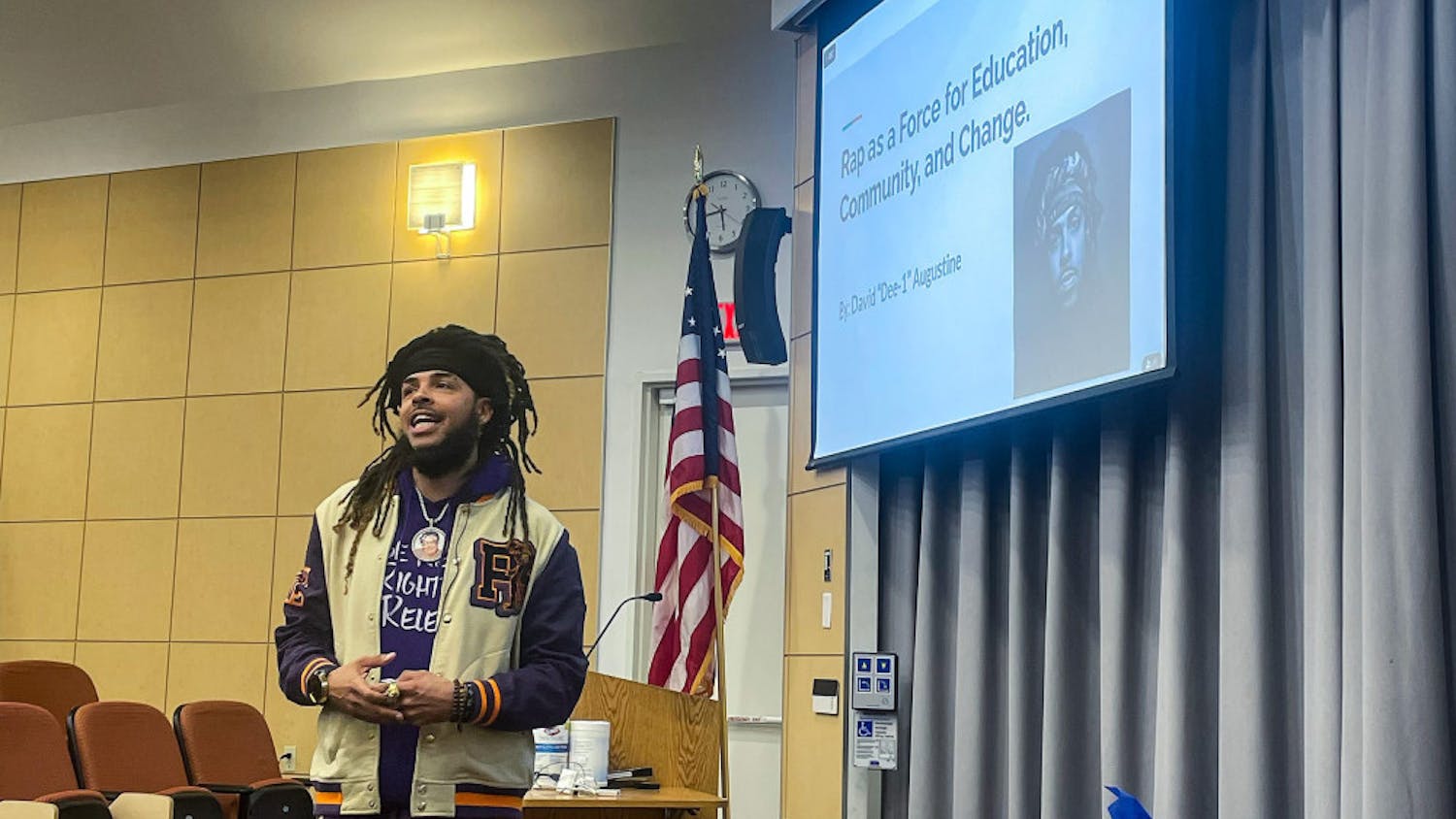Editor’s note: This is the third part in a four-part series from the Daily’s Investigative Team. Part 1, Part 2 and Part 4 can be found online.
Tufts has received over $22 million in donations from the seven foundations examined in this investigation, with a portion of the funds earmarked for specific university programs and institutes, including some at The Fletcher School of Law and Diplomacy. Some of these donations were accepted without full knowledge of the donors’ histories of funding controversial scholarship elsewhere in the United States despite a donation review process that involves several university offices, according to interviews with Tufts administrators and faculty.
Tufts’ Executive Director of Public Relations Patrick Collins told the Daily in an email that the university evaluates charitable contributions for research on “a case by case basis.”
“The decision to apply for and/or accept sponsored research funding is made on a case by case basis,” Collins said. “All grant applications and awards are reviewed by the researchers involved, the Office of the Vice Provost of Research, and other offices, such as Corporate and Foundation Relations and Legal, as necessary.”
These offices accept donations on the basis that they help students by providing learning experiences and research opportunities, they are vital to the researchers’ scholarship and they “contribute to the university maintaining and enhancing its reputation as an elite research institution,” according to Collins.
Collins did not respond when asked if Tufts assesses the credibility and funding histories of potential donors before accepting their donations. He also did not respond when asked if Tufts reviews potential donors based on their stated political intentions or their past funding of controversial or discredited research.
Collins, however, said that Tufts evaluates the quality of the grant awards based on the university’s values and programs.
“The university will not accept grant awards that conflict with the university’s mission, academic programs, or services, or that compromise academic freedom and the rigorous and independent pursuit of truth,” he said.
Tufts’ analysis of the merits of a potential donation based on its on-campus effects, rather than the donor’s past funding efforts and personal interests, is reflected in interviews the Daily conducted with faculty members who oversaw programs that received contributions from the seven charitable foundations covered in this investigation.
Monica Toft, director of the Center for Strategic Studies (CSS) at the Fletcher School,which was founded in 2017 through a $3 million grant from the Charles Koch Foundation, was unaware that the foundation in 2010 requested students’ personal email addresses from the director of a program it funded at the College of Charleston.Toft noted that she has never given student data to the Charles Koch Foundation.

However, Collins told the Daily that Tufts donors occasionally ask for students’ personal information as a condition of the students’ participation in the programs supported by the donors.
“Some organizations that support fellowships and scholarships request student contact and email information as part of the application process,” Collins said. “Students who apply for these opportunities would provide their personal contact information at that time.”
Toft was also unaware that in 2013, the Koch brothers acquired an electronics company that manufactures military technology relevant to the CSS’ scholarship and that, in the last four years, two key Charles Koch Foundation officials told donors and professors in secretly recorded speeches that the foundation invests in higher education to support politically motivated scholarship.
Nonetheless, Toft concluded that the Charles Koch Foundation’s history of promoting its political agenda at various universities, as well as its potential conflict of interest, is irrelevant to her work because the foundation gave the CSS complete academic freedom.
“From my perspective, I am a scholar who does research to save lives,” she said. “It’s really about training the next generation of scholars … they’re already coming in with dissertations and, from my perspective, that’s the full story.”
Richard Lerner, director of Tufts’ Institute for Applied Research in Youth Development, which received funding from the John Templeton Foundation, was unaware that the Templeton Foundation has also supported organizations that pulled scientific findings out of context to downplay the effects of climate change. Lerner was also unaware that the Templeton Foundation supported former Fletcher adjunct professor and senior research fellow Lawrence Harrison’s 2013 book, in which he argued that “black subculture, not racism and discrimination, was the principal cause of black underachievement,” and that the foundation funded research investigating whether prayers can heal the sick without the knowledge of those receiving them.
Lerner called some of the Templeton Foundation’s past funding recipients’ views “abhorrent” and “totally inappropriate” but defended Jack Templeton, who served as the foundation’s president and chairman from 1995 to 2015.
“Knowing the late Jack Templeton, knowing the staff that still is there and knowing the Templeton family, they have not a bone of racial animosity or prejudice in them, and I've seen them in numerous contexts defending racial diversity,” Lerner said.
Richard Shultz serves as director of Fletcher’s International Security Studies Program, which has accepted funds from the Sarah Scaife Foundation, The Lynde and Harry Bradley Foundation and the Earhart Foundation, according to Fletcher’s current and archived websites. Shultz repeatedly declined to comment on the program’s acceptance of these donations.
Miguel Basáñez, former director of Fletcher’s now-closed Cultural Change Institute, which also received donations from the Templeton Foundation, referred all grant-related questions to the institute’s former program officer, Kate Taylor.
Taylor, who now serves as associate director of the Global Master of Arts Program, had not responded as of press time.
Conversations with Tufts administrators and faculty responsible for managing donations from the seven organizations examined in this investigation reveal that they are often unaware of, or uninterested in, donors’ philanthropic record and relevant interests. Tufts’ disregard could allow these foundations and others to engage in the same self-promotion and recruiting tactics that they have used at other universities.
Liam Knox contributed reporting to this article.






